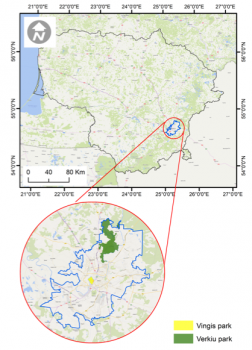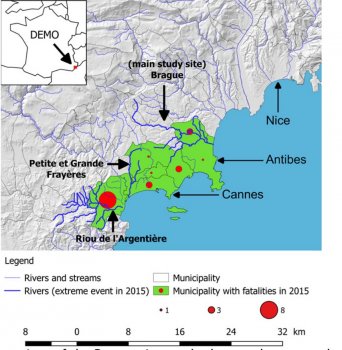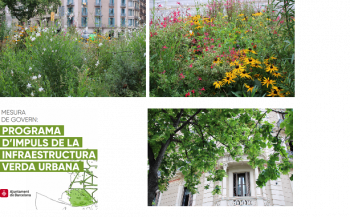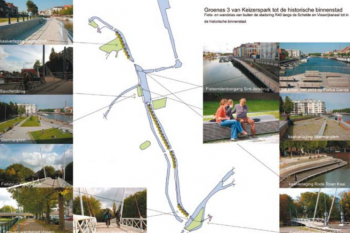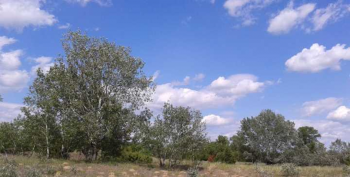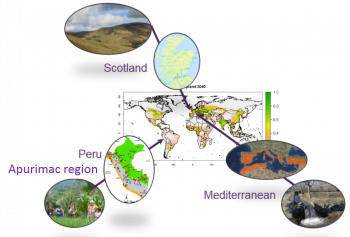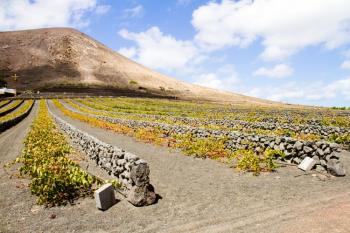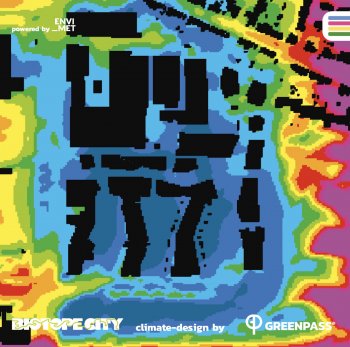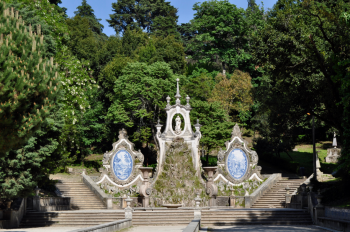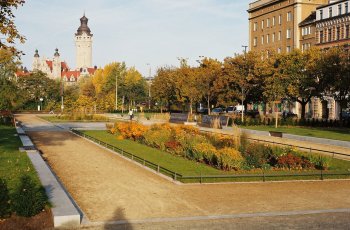Vingis and Verkiu parks in Vilnius, Lithuania (URBANGAIA project)
The aim of the project is to develop realistic indicators to evaluate, manage and develop performant Green and Blue infrastructure (GBIs) in cities and intensively managed landscapes. UrbanGaia explicitly focusses on analysis of ecological and socio-economic features of the many existing GBIs within a place-based and socio-ecological research framework. The project consists of three main approaches which converge in a transdisciplinary analysis of GBI performance: ecological science, political economic analysis and stakeholder co-creation.

